- Have any questions?
- +86-189 8930 5995
- sales@mosinterchem.com.cn
Manganese Carbonate CAS 598-62-9

2-Bromoethanol CAS 540-51-2
24/12/2018
Propylene Carbonate CAS 108-32-7
24/12/2018| Model: | MOS598-62-9 |
| Brand Name: | MOSINTER |
| CAS No.: | 598-62-9 |
| Molecular formula: | CMnO3 |
| Molecular weight: | 114.95 |
| Density: | 3.12 g/mL at 25 °C(lit.) |
| Melting Point: | 350°C (dec.) |
| Sensibility: | Stable. Incompatible with strong acids, strong oxidizing agents. May be moisture senstive. |
Manganese Carbonate (CAS: 598-62-9)
| Item | Index |
| Appearance | Newly precipitated product is pink to white powder |
| Unsolvable matter in nitric acid | ≤0.03% |
| Content (in Mn) | 44.0~48.0% |
| Heavy metal (in Pb) | ≤0.004% |
| Iron (Fe) | ≤0.005% |
| Zinc (Zn) | ≤0.05% |
| Alkali metal and alkaline-earth metal(in sulfate) | ≤1.5% |
| Total nitrogen (N) | ≤0.1% |
| Chloride (Cl) | ≤0.01% |
| Sulfate (SO4) | ≤0.02% |
Manganese carbonate is a compound with the chemical formula MnCO3. Manganese carbonate occurs naturally as the mineral rhodochrosite. Approximately 20,000 metric tonnes were produced in 2005.
Production and uses
Treatment of aqueous solutions of manganese(II) salts with alkali metal carbonates leads to precipitation of this faintly pink solid. The carbonate is insoluble in water but, like most carbonates, hydrolyses upon treatment with acids to give water-soluble salts.
Manganese carbonate decomposes with release of carbon dioxide at 200 °C to give manganese(II) oxide:
MnCO3 → MnO + CO2
This method is sometimes employed in the production of manganese dioxide for dry-cell batteries and for ferrites.
Manganese carbonate is widely used as an additive to plant fertilizers to cure manganese deficient crops. It is also used in health foods, in ceramics as a glaze colorant and flux, and in concrete stains.
It is used in medicine as a hematinic.
Toxicity
Manganese is essential for aerobic life and its compounds are not highly toxic. Manganese poisoning, also known as manganism, may be caused by long-term exposure to manganese dust or fumes.
You must be logged in to post a review.
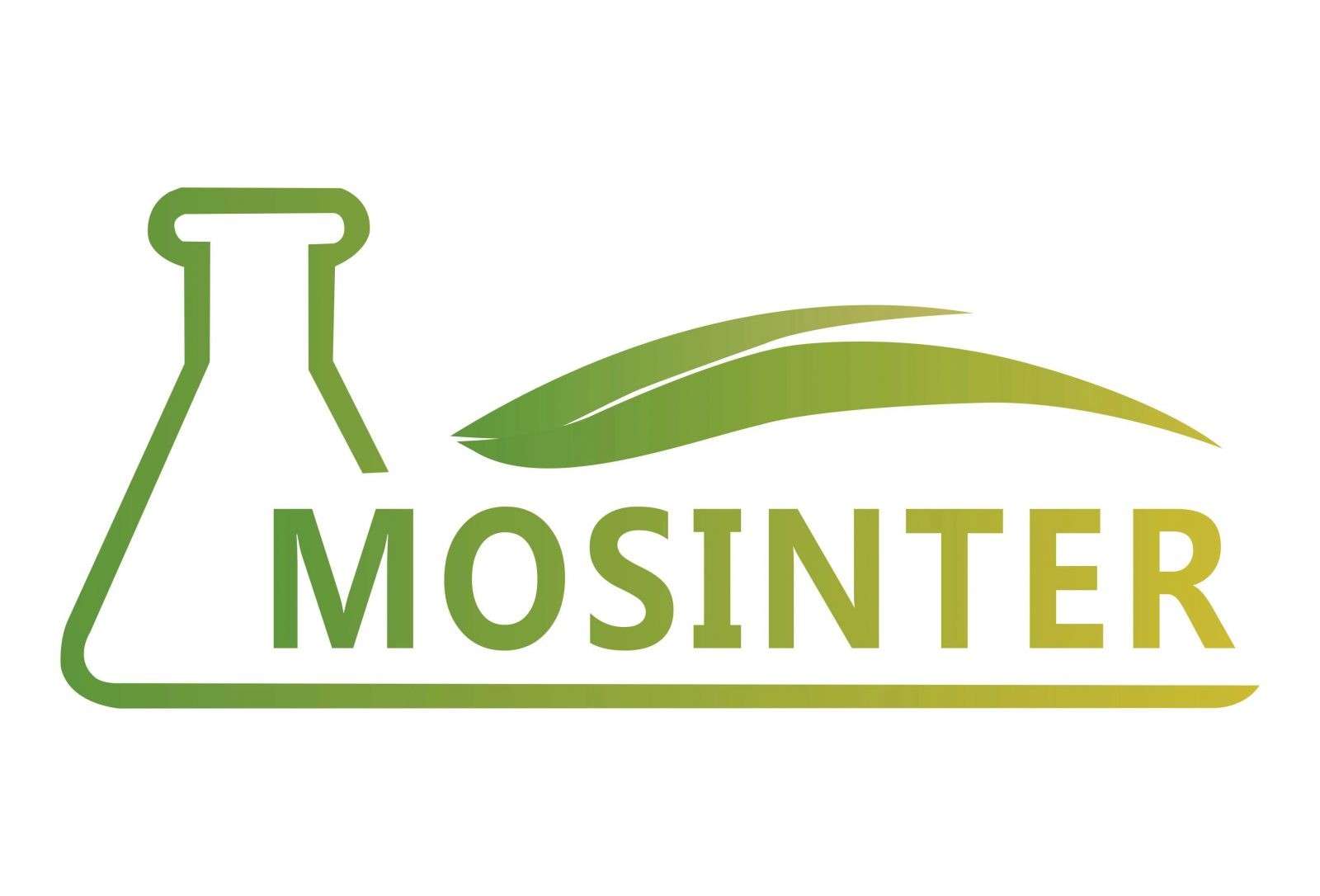
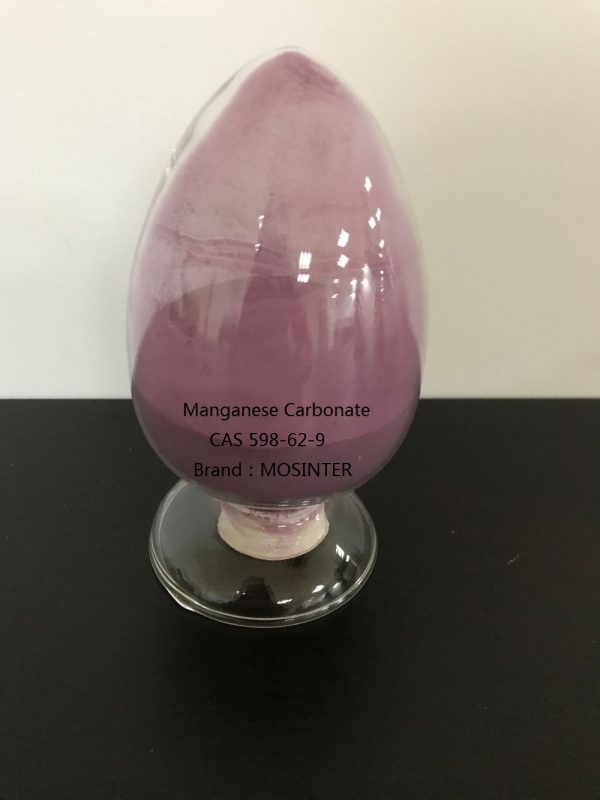
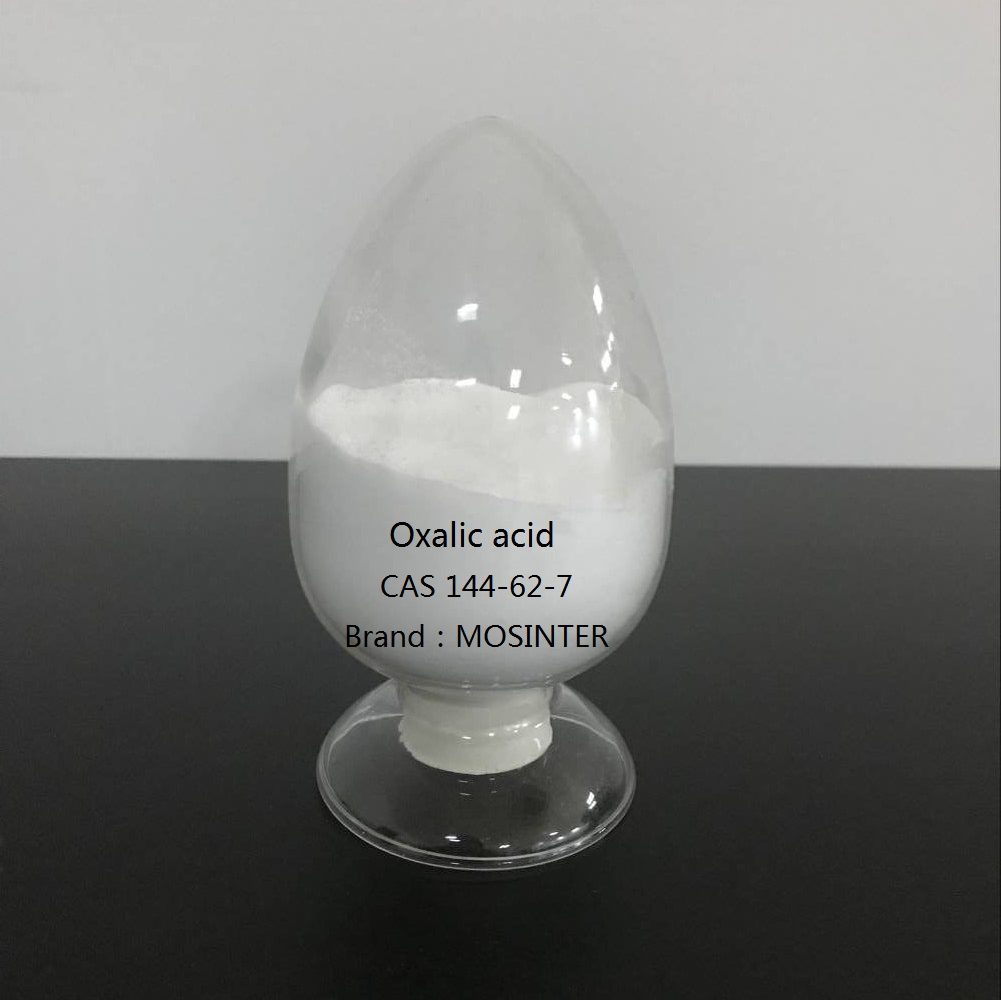
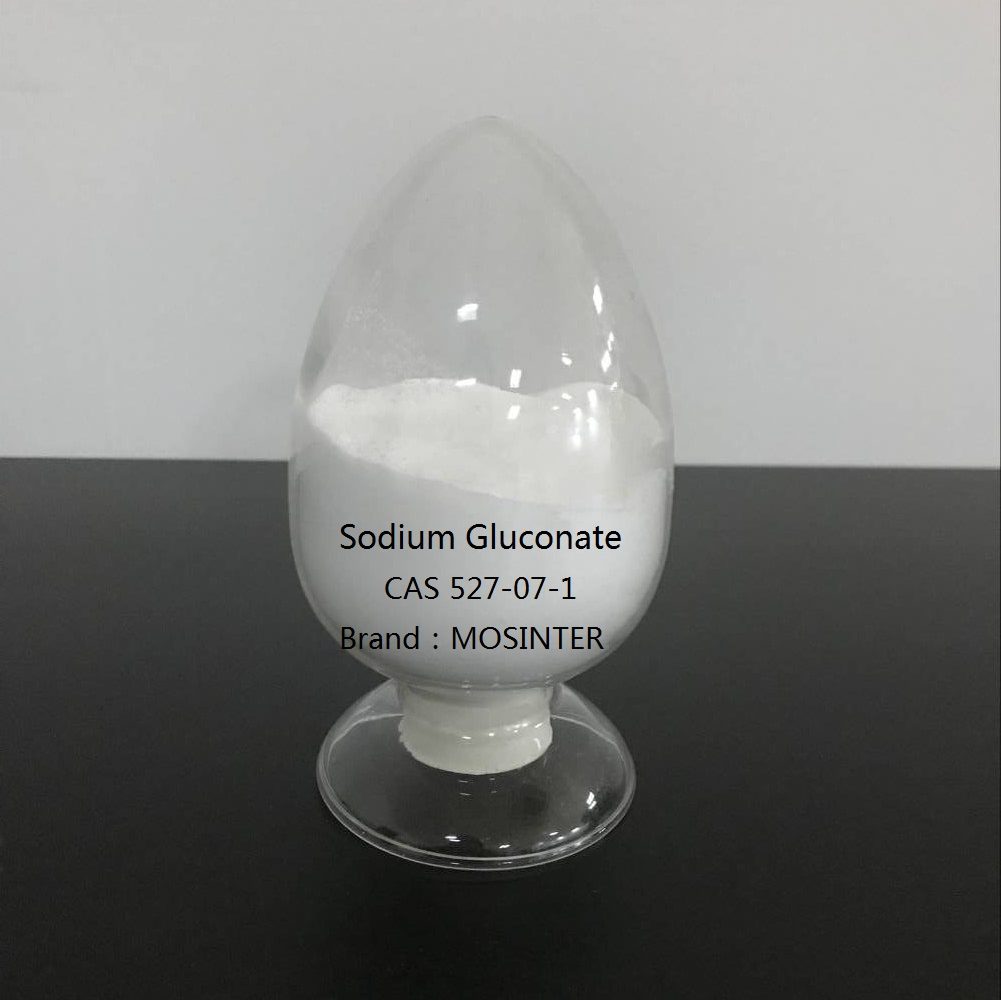
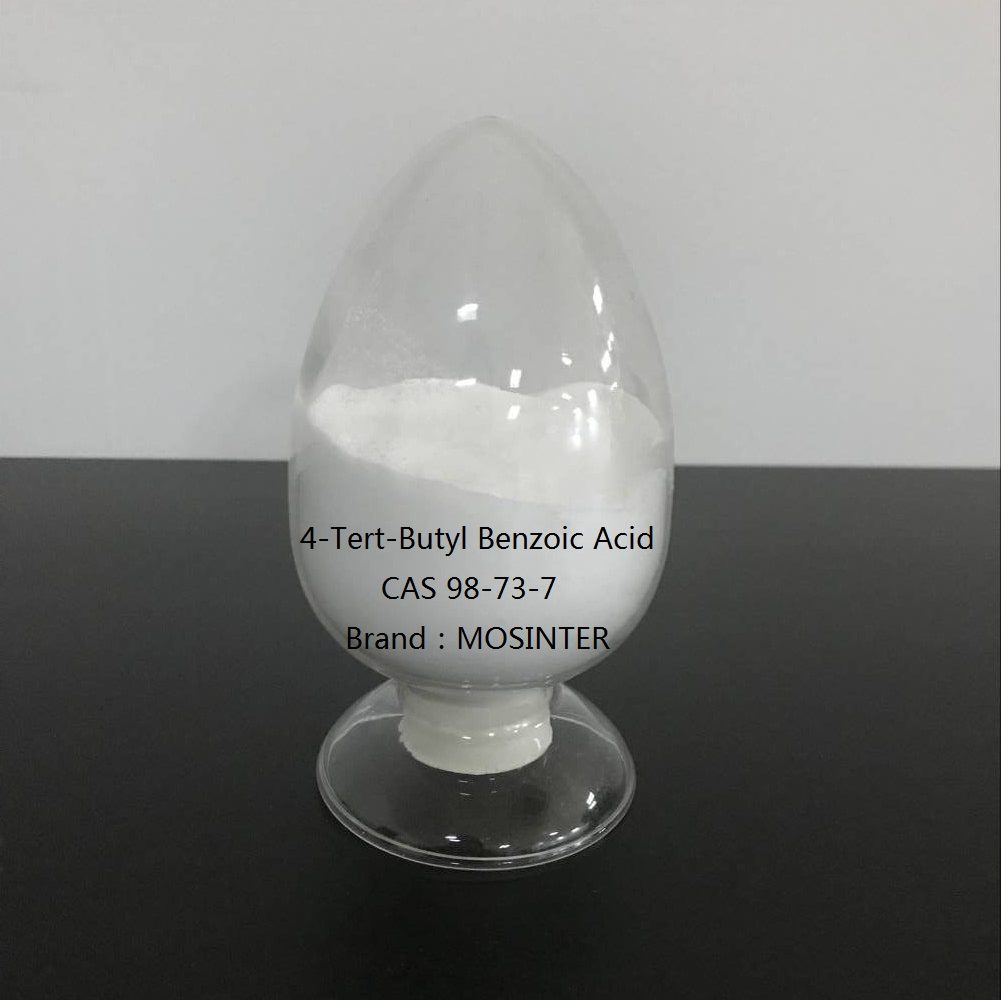
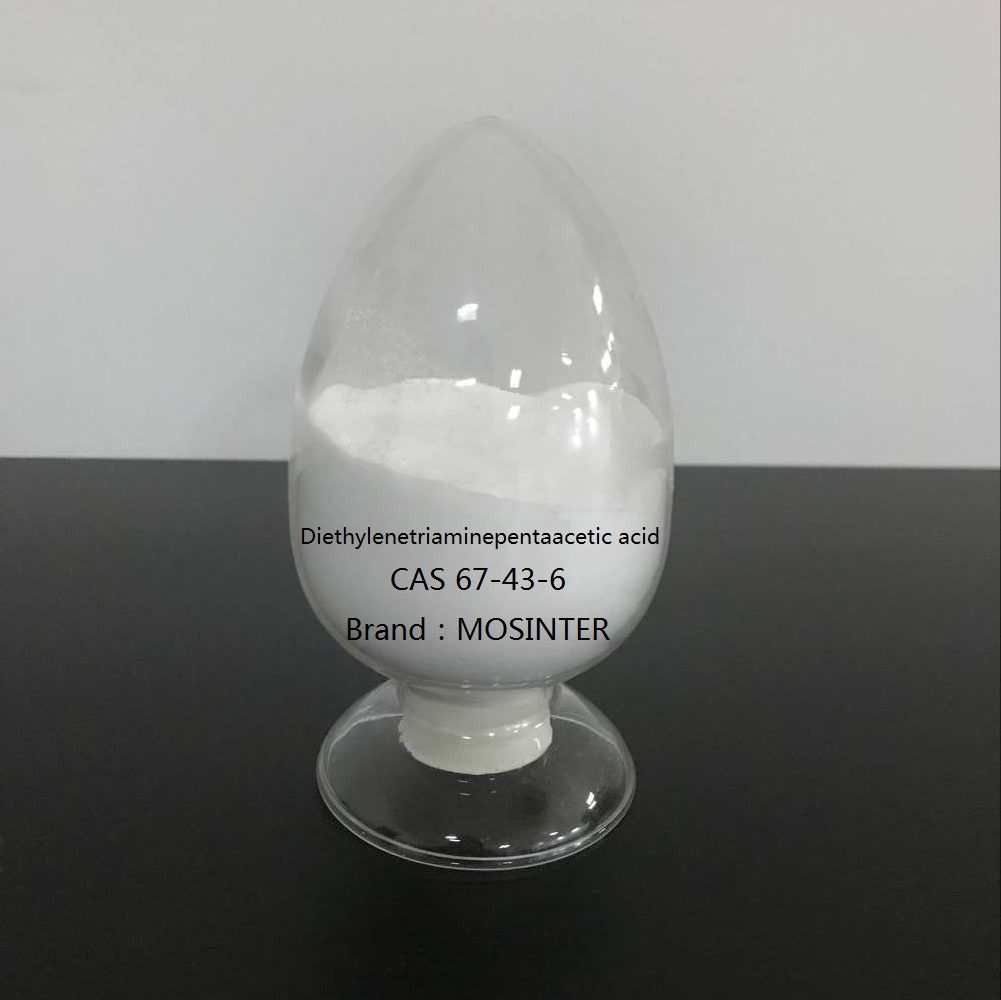
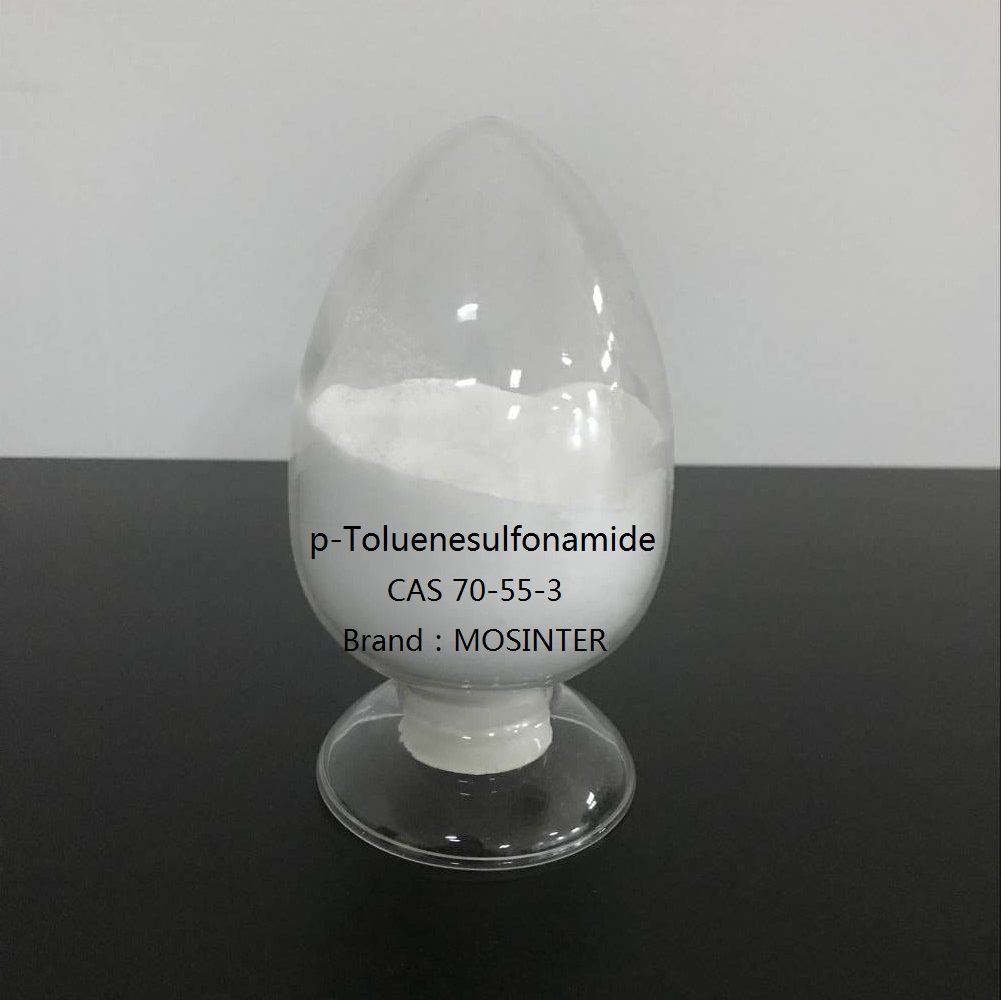
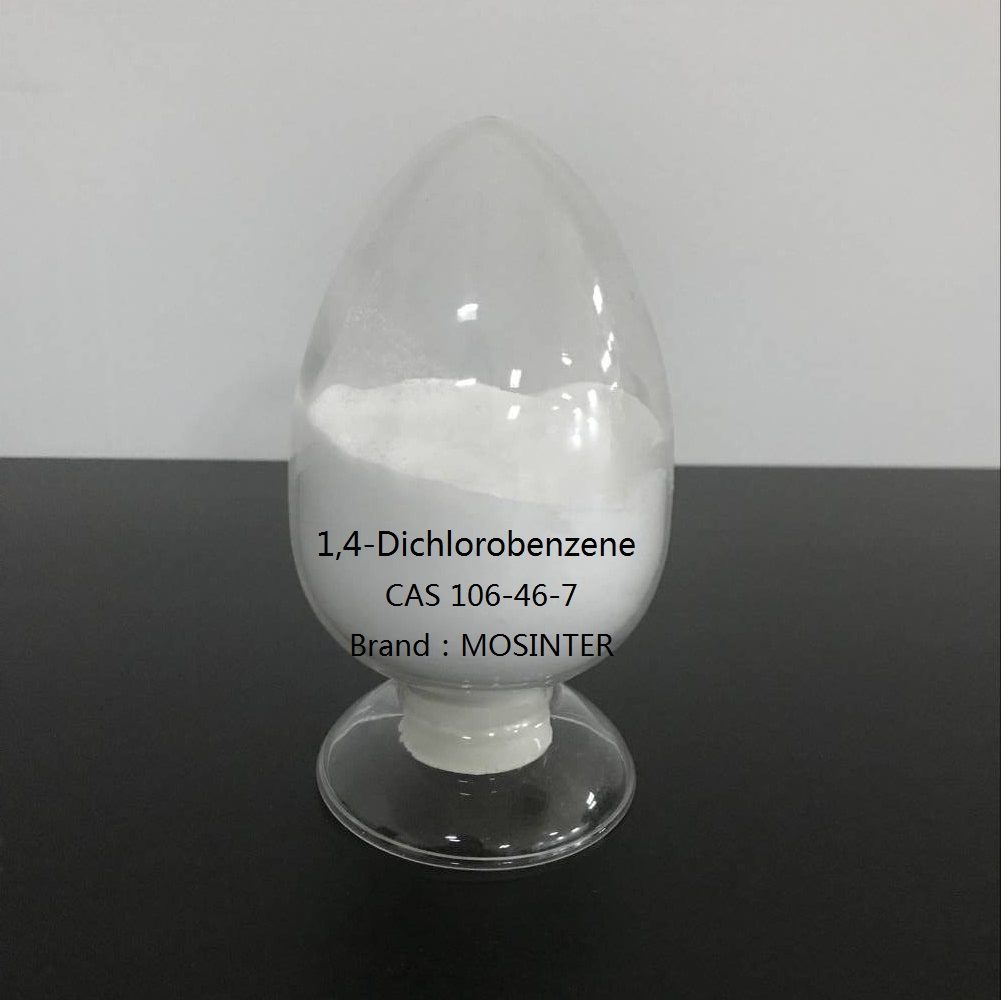
Reviews
There are no reviews yet.